It is not uncommon for a man over the age of 50 to have an enlarged prostate or benign prostatic hyperplasia (BPH).
In fact, about 50% of men around the age of 60 have an enlarged prostate in the US and around the world. And by the time they enter the 60s or 70s, nearly 90% of them will have this problem.
While some professionals consider it an inevitable part of aging, most experts link it with hormonal changes.
Now, you may have heard the rumor that sex reduces prostate enlargement. Is there any truth to this?
Regular ejaculation is good for prostate health, but there is no evidence that sexual activity can reduce prostate enlargement.
Even so, there are other proven ways to shrink prostate enlargement. And in this article, we’ll uncover them for you.
If you have symptoms of an enlarged prostate, consider trying Prostate 911. It contains herbal extracts and essential vitamins & minerals that can help shrink the prostate back to a healthy size.
Enlarged Prostate Treatment Options
In many cases of an enlarged prostate, a "watchful waiting" approach has been found useful. Some men find their symptoms are mild and go away on their own. However, one or more of the treatment options listed below may be recommended if symptoms are bothersome or do not improve over time.
Reduce It by Medication
To treat an enlarged prostate, doctors usually direct patients to medication. Below are some medications that are widely referred to treat enlarged prostate.
- 5-alpha reductase dutasteride (Avodart) or finasteride (Proscar) inhibitors that aid in prostate shrinkage
- Alpha-blocker medications such as terazosin (Hytrin) or tamsulosin (Flomax) help relax muscles in the prostate and bladder neck. They also block hormones that encourage prostate growth.
- Phosphodiesterase 5 inhibitors, commonly used to treat erectile dysfunction, may also aid in the increase of urine flow.
- Your doctor might also suggest you go through surgery to get your extra prostate tissue removed.
While these are some of the most widely used methods to treat this issue, they can sometimes cause other problems to take place.
That’s why if nothing is too urgent, then it’s best to proceed with natural remedies to help solve your prostate problems.
Natural Remedies
Pygeum for enlarged prostate
Pygeum is a traditional medicine made from the bark of the African plum tree. It has been used for centuries to treat urinary problems in traditional medicine.
It's also a common treatment for BPH symptoms, particularly in Europe.
According to some studies, the supplement may aid bladder emptying and urine flow. (The studies that were examined, however, were inconclusive.)
Stinging nettle for enlarged prostate
Touching a common European stinging nettle may cause you to feel a strong pain from the sharp hairs on its leaves. However, when used as a medicine, stinging nettle may have some advantages.
Nettle root is widely used in Europe and is thought to help with some BPH symptoms.
Also referred to as an "irrigation-therapy" agent for the urinary tract, it prevents infections, inflammation, and kidney stones. Further, it also aids male virility and vigor.
Other natural BPH treatments, such as pygeum or saw palmetto, are sometimes combined with nettle to enhance its effectiveness.
Saw palmetto for enlarged prostate
Saw palmetto is a herbal remedy derived from the fruit of a palm tree.
For centuries, it's been used in alternative medicine to treat urinary problems, including those caused by an enlarged prostate.
According to the National Institutes of Health (NIH), a few small-scale studies have suggested that saw palmetto may be effective for treating BPH symptoms.
We have made it simple for you by putting together all the important natural ingredients to make Prostate 911. This supplement helps make your prostate healthy, improves bladder control, reduces urinary leaks, and supports male virility and sexual health.
You might also be able to shrink your prostate by incorporating positive changes into your life, such as:
Cut Down on Fizzy Drinks and Alcohol
Fizzy drinks, as well as beverages containing alcohol, caffeine (such as tea, coffee, or cola), or artificial sweeteners, can irritate the bladder and exacerbate urinary symptoms.
Check your medicine
Consult your doctor to see if any of your medications, such as antidepressants or decongestants, are exacerbating your urinary symptoms.
Increase Fibre Intake
You can consume more fiber to avoid constipation. Not eating enough fiber can cause constipation, which can put more pressure on your bladder. This can make symptoms of an enlarged prostate worse.
Double voiding
Waiting a few moments after you've finished peeing before trying to go again is referred to as double voiding. It can assist you in properly emptying your bladder. But be careful not to overwork or push yourself.
Go Easy on Fluids in The Evening
Reduce the amount of fluids you drink in the evening and drink nothing for at least two hours before bedtime. This may prevent you from waking up in the middle of the night. Make sure you take in enough water earlier in the day.
Conclusion
In this article, we have discussed that although sex can have several benefits for prostate health, no such studies support its prowess in prostate shrinkage.
Next, we looked at practical ways to manage prostate enlargement. While traditional treatments can help with common issues, they may also have side effects that could lead to other problems.
Finally, we concluded that for a side-effect-free recovery, you need to incorporate herbal remedies and lifestyle changes.
Don’t forget to check out PhytAge Laboratories Prostate 911, formulated with advanced prostate & urinary health formula to help treat symptoms of an enlarged prostate & urinary incontinence and give you great control & comfort.
 Cart
Cart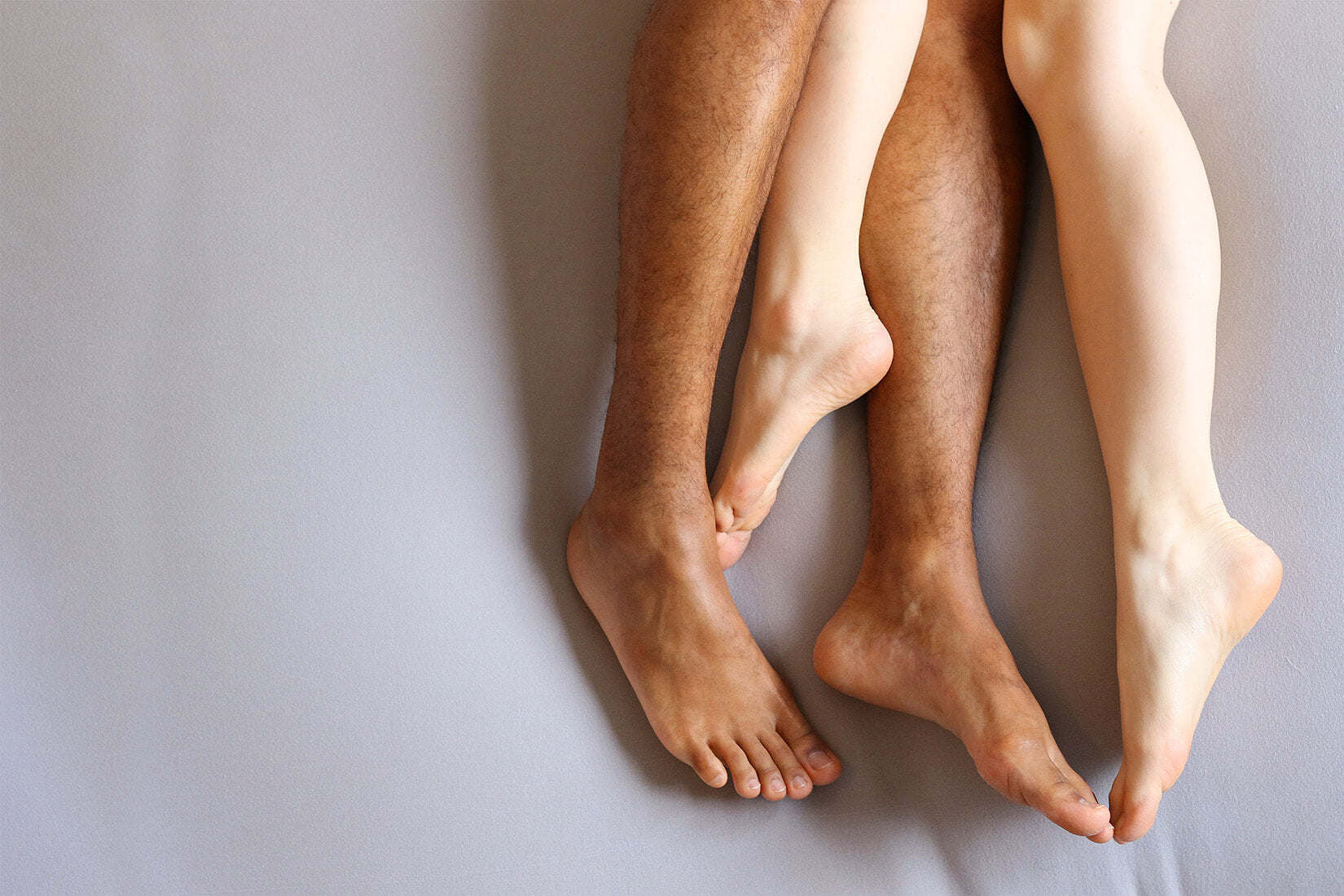
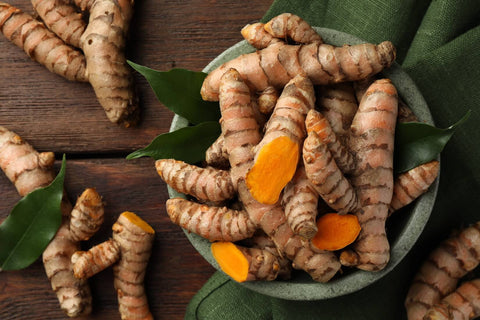
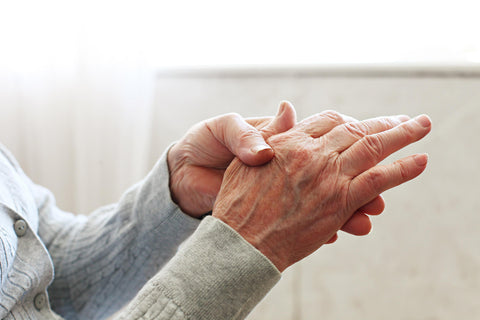
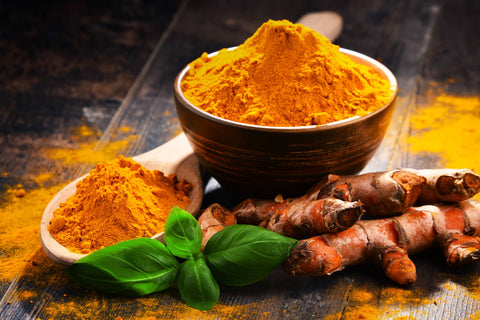
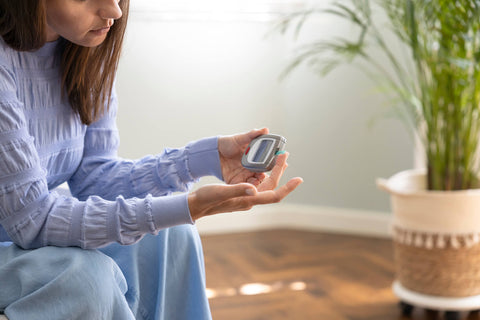
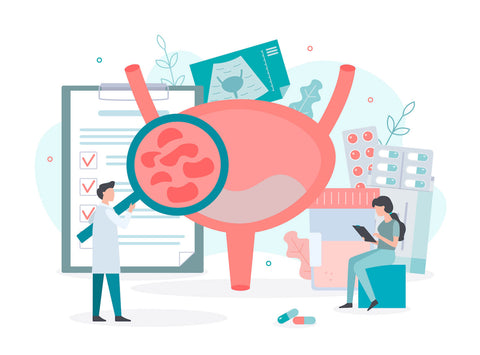
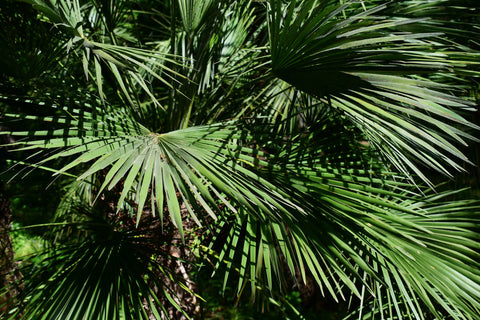

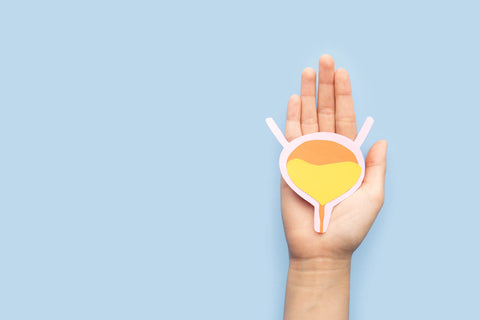
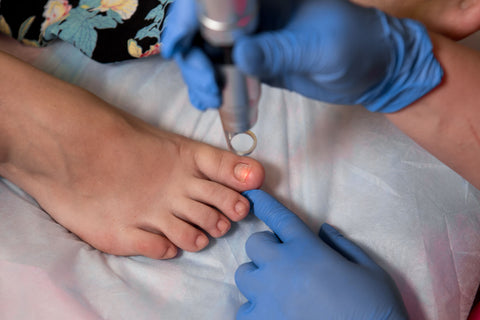
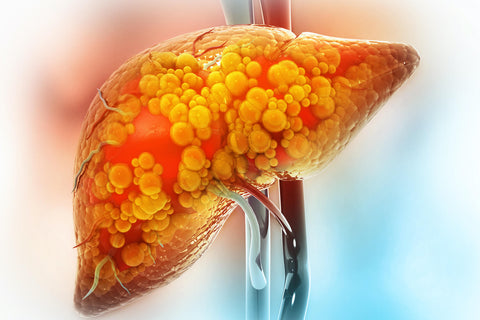
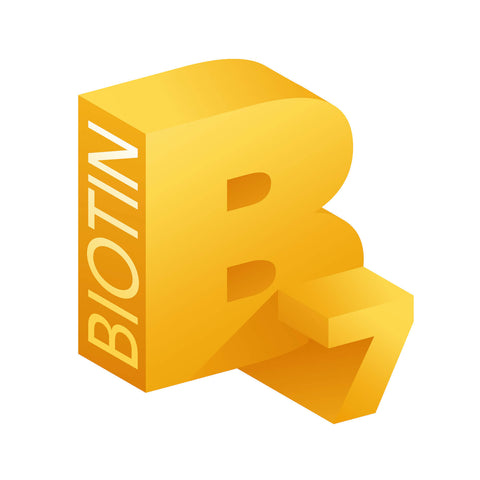

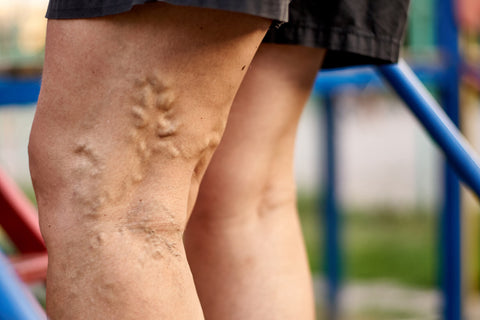


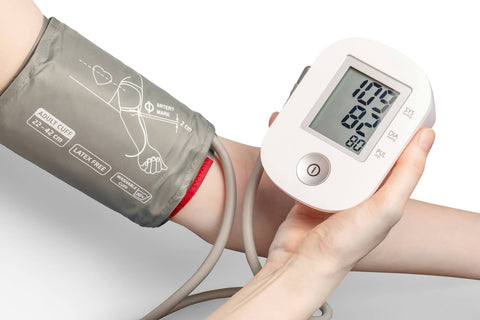

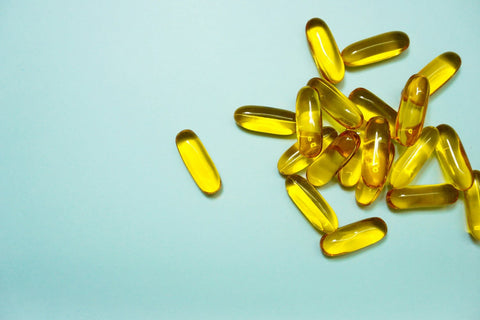
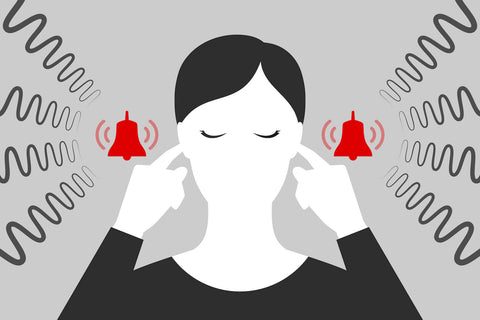
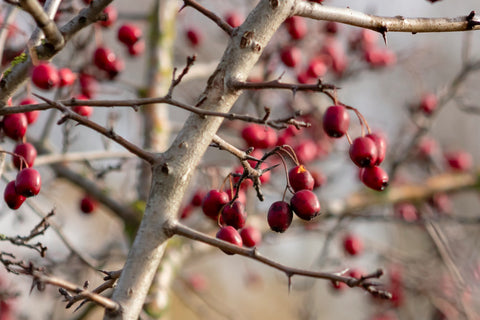
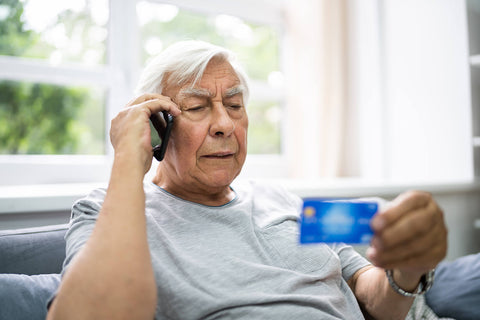
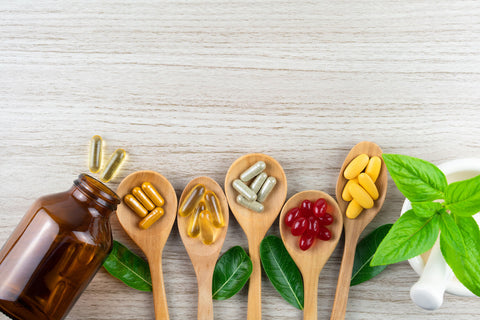
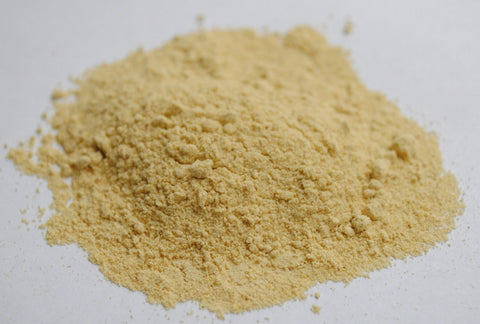
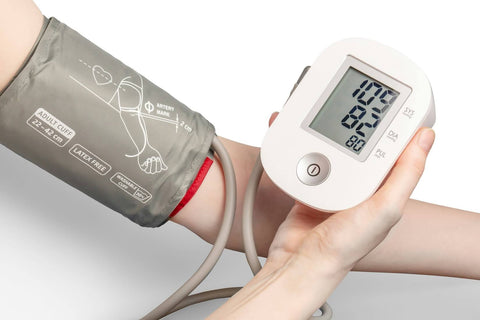
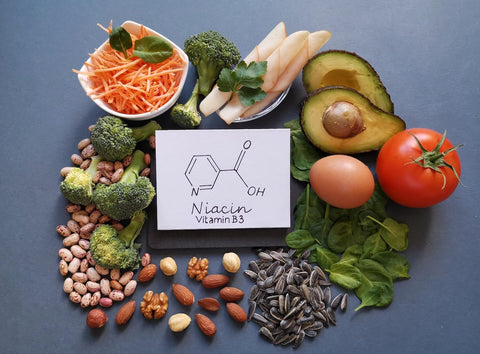
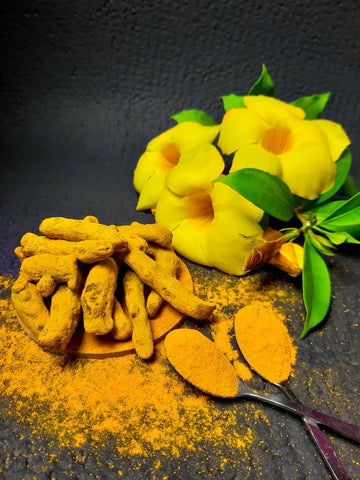
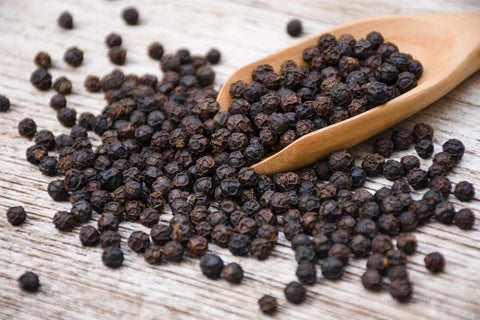
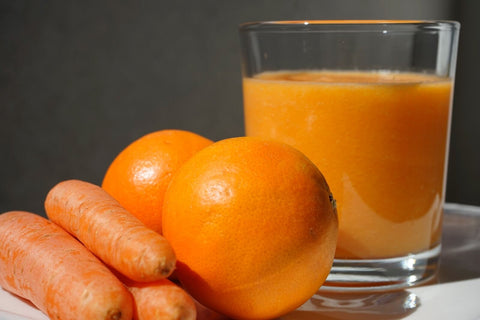
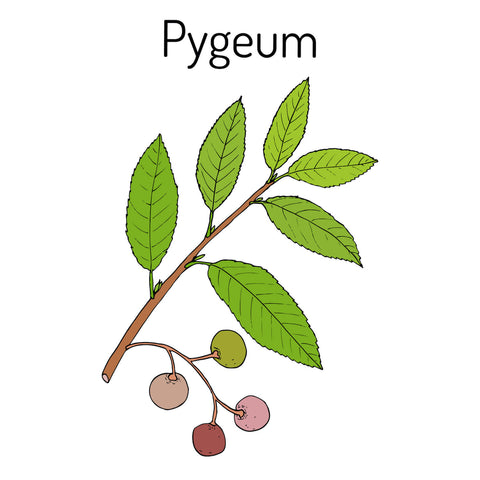
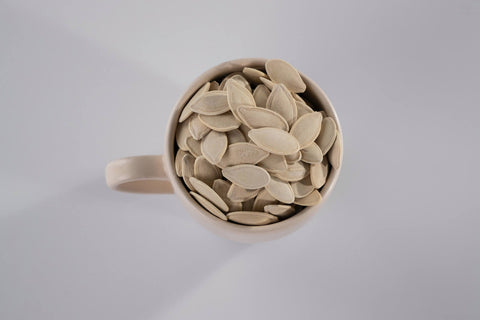

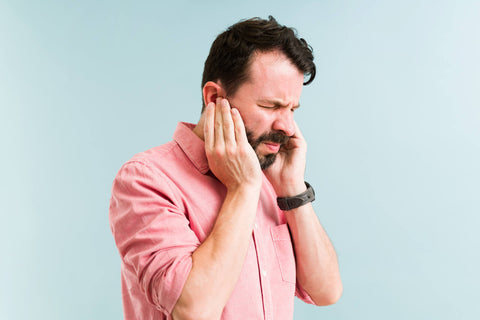


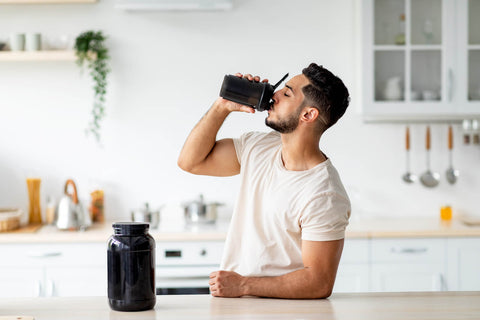


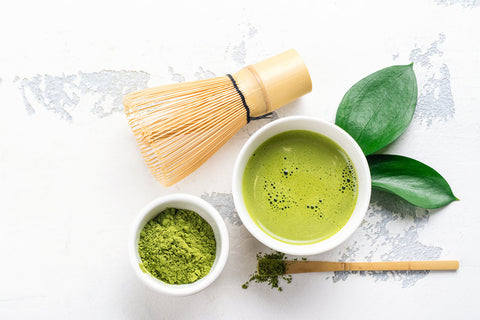


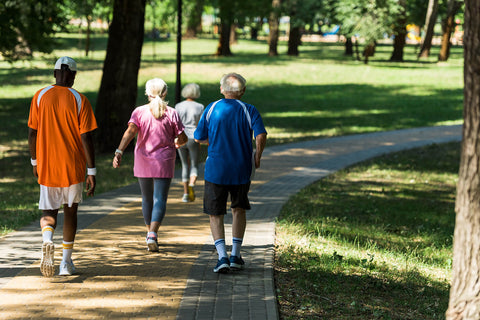



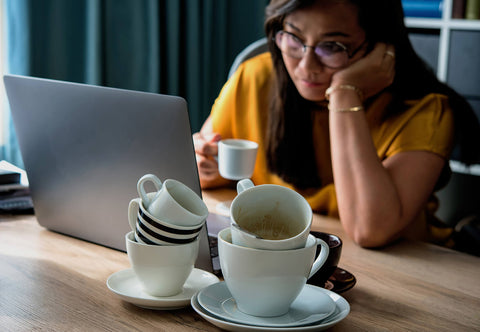
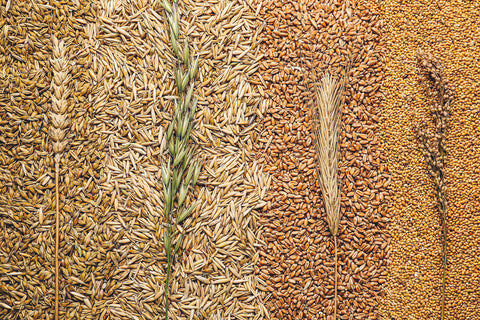
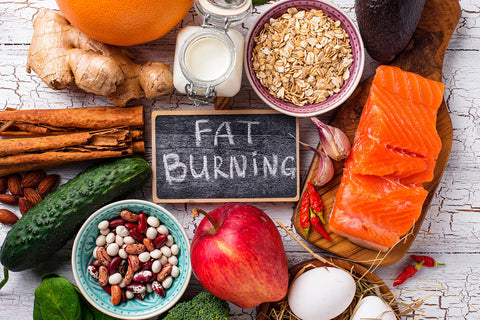





 1-800-822-5753
1-800-822-5753
